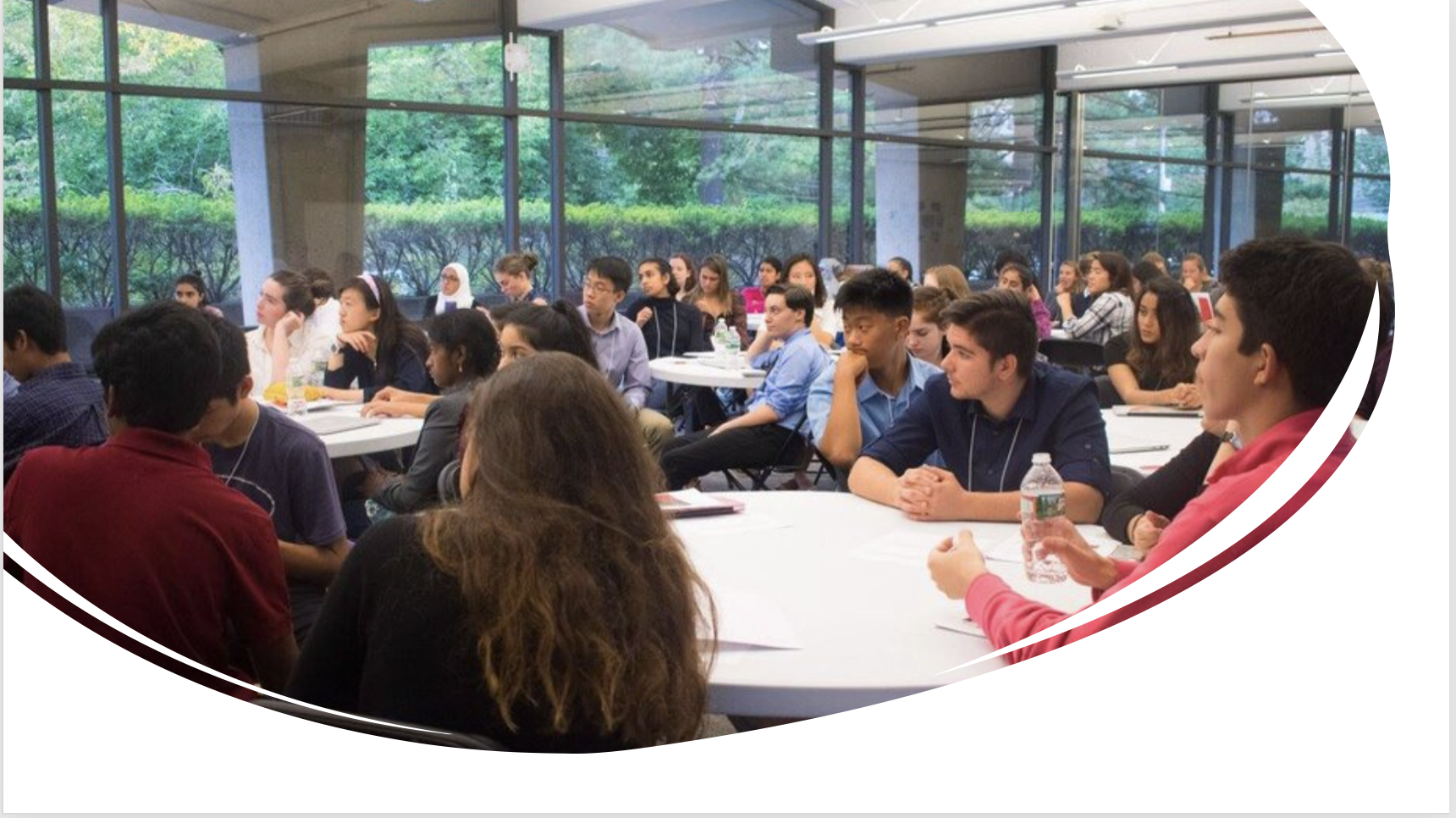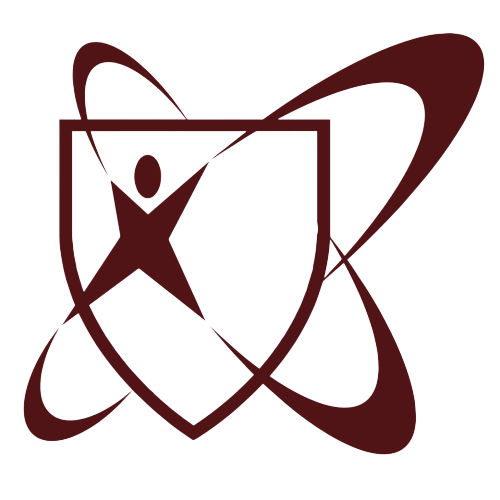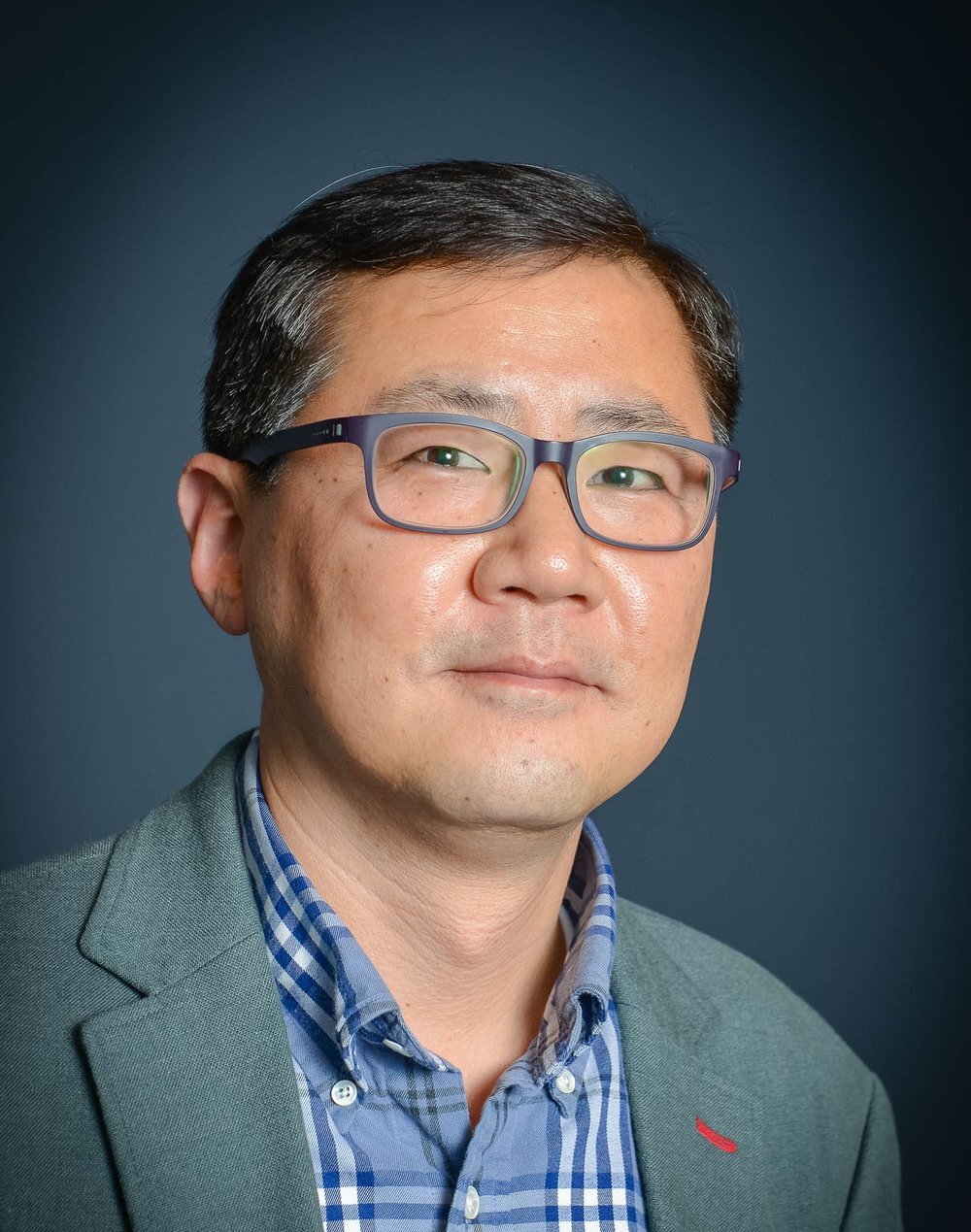
HSRC 2021
Explore possibilities. Develop curiosities. Discuss science and research.
The application is now open until August 13! Access the link below.
http://tinyurl.com/hsrcapp2021
Keynote Speakers
Dr. Adam Cohen
Dr. Adam Cohen works at the interface of physics, chemistry and biology. His lab develops new physical tools to study molecules and cells. The Cohen Lab developed fluorescent voltage-indicating proteins which enable optical mapping of neural activity. These tools have opened the door to all-optical electrophysiology and to large-scale mapping of brain activity. His lab has also studied fundamental aspects of chiral light-matter interactions, predicting theoretically and then demonstrating experimentally the existence of “superchiral” light. Cohen holds PhD degrees from Cambridge (UK) in theoretical physics and from Stanford in experimental biophysics. Technology Review Magazine named him one of the top 35 US technological innovators under the age of 35 and Popular Science named him one of their “Brilliant Ten” top young scientists. He has received an NIH New Innovator Award and a Presidential Early Career Award for Scientists and Engineers (PECASE) from President Obama.
Dr. Joan Reede
Dr. Joan Reede was appointed Harvard Medical School’s dean for diversity and community partnership in 2002, and she is recognized for her work in developing and managing programs to promote the increased recruitment, retention, and advancement of underrepresented minority faculty at Harvard Medical School (HMS). In addition to her support of minorities and women in healthcare, she serves as Professor of Medicine at HMS, Professor of Society, Human Development, and Health at the Harvard T. H. Chan School of Public Health, and Assistant in Health Policy at Massachusetts General Hospital. Some of her many awards include the Boston NAACP Health Award; the American Association of University Administrators Exemplary Models of Administrative Leadership Award; the Herbert W. Nickens Award from the Society of General Internal Medicine; and the Riland Medal for Public Service from the New York College of Osteopathic Medicine in 2007.
Dr. Hongkun Park
Dr. Hongkun Park is the Mark Hyman Jr. Professor of Chemistry and Professor of Physics at Harvard University. The Park Lab investigates atom-sized defects in solids and nanostructures in order to develop optoelectronic and plasmonic devices at the single quantum level. The group pioneered the use of nanoneedles as a tool to transport biological effectors into cells and have also been using nanoneedles to study intracellular circuits that regulate immune cells’ functions. He has received numerous awards such as the Camille and Henry Dreyfus New Faculty Award, Research Corporation Research Innovation Award, and NIH Director’s Pioneer Award. In 2011, he was elected as a Fellow of the American Association for the Advancement of Science in 2011.
Dr. Eram Alam
Dr. Eram Alam is an Assistant Professor in the History of Medicine, with a particular emphasis on globalization, migration, and health during the twentieth century. Some of her past publications have dealt with medicine and healthcare as they relate to geopolitics, examining phenomena such as the migration of physicians and the response of foreign physicians to US doctor shortages. Currently, she is working on two book projects. The first is called The Care of Foreigners, and it uses an analysis of foreign physicians during moments of political tension (such as that of the Cold War) to further study “the limits of inclusion available to the immigrant.” The second is Ordering the Human: Global Science and Racial Reason, and it centers the ways in which race and scientific knowledge production interact by bringing together researchers from around the world.




